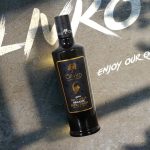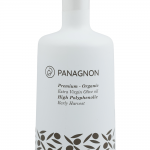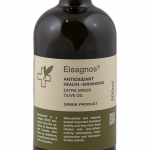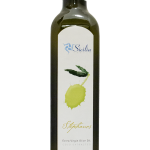USA, By National Center for Biotechnology Information (Serena Martini, Martina Cavalchi, Angela Conte & Davide Tagliazucchi) – Extra virgin olive oil is an integral part of the Mediterranean diet and its consumption has been associated with a reduction risk of chronic diseases. Here we tested the potential of extra-virgin olive oil to limit the oxidative phenomena during in vitro gastro-intestinal co-digestion with turkey breast meat.
The extra-virgin olive oil was particularly rich in oleuropein aglycone isomers, which represented the 66.8% of total phenolic determined with MS/MS experiments. Meals supplemented with extra-virgin olive oil equivocally affected lipid peroxidation. At low concentration (2.5% respect to meat), a significant inhibition of lipid oxidation was observed, whereas lipid peroxidation was greatly enhanced when the amount of extra-virgin olive oil was increased in the gastro-intestinal system. The inhibitory effect observed at 2.5% extra-virgin olive oil was due to the antioxidant properties of extra-virgin olive oil phenolic compounds.
At high concentration, extra-virgin olive oil phenolic compounds (especially hydroxytyrosol-derivative) behaved as pro-oxidants increasing the generation of lipid hydroperoxides from meat. At the same time, the presence in the digestive system of catalysers from meat induced the peroxidation of extra-virgin olive oil fatty acids, which was further intensified by the pro-oxidant activity of extra-virgin olive oil phenolic compounds.
Our study underlined the importance of the timing and amount of consumption of extra-virgin olive oil as well as its phenolic composition in limiting the peroxidative phenomena on meat lipids during digestion.






